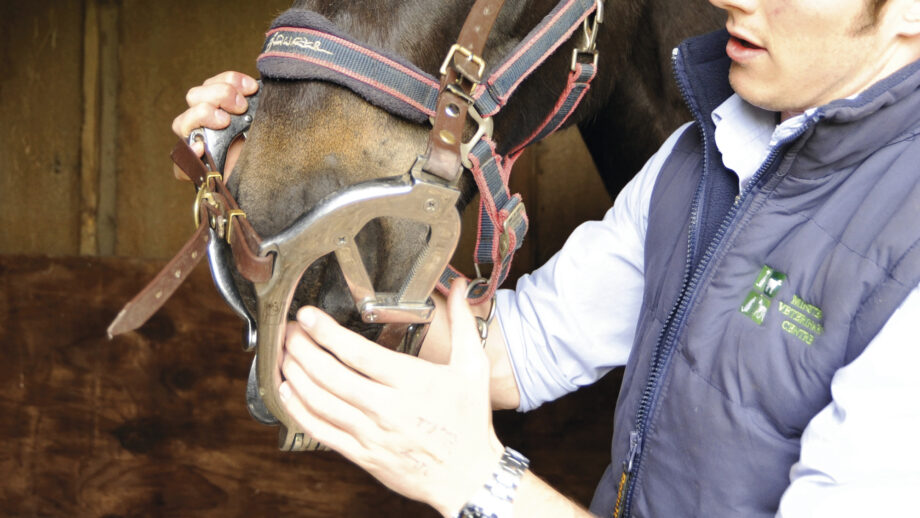Henry Tremaine MRCVS, senior lecturer in equine surgery at the University of Bristol, sets the scene: “During the late 20th century, it became clear that there was a greater demand for equine dental services and this demand was partly met by lay dental practitioners.
“In the early 1990s, it became apparent that there was a need to foster better collaboration between veterinary professionals and lay dental practitioners to ensure any procedures being performed in horses’ mouths were based on scientific principles, and that no damage was being done to horses’ mouths out of well-intentioned ignorance.”
British Equine Veterinary Association (BEVA), collaborating with the British Veterinary Dentistry Association (BVDA), established an exam for lay practitioners wishing to work to a high professional and ethical standard, within the law.
The successful candidates formed the British Association of Equine Dental Technicians (BAEDT) and a register of those who have passed this exam is on the BEVA website (www.beva.org.uk).
There are other associations of equine dental technicians which have their own training programmes and qualifying tests in the USA and Europe, but are not currently endorsed by BEVA.
Discussions are ongoing between the relevant bodies to broaden the scope of work legally permissible by dental technicians to include “selected non-invasive procedures”.
This information formed part of a veterinary feature published in Horse & Hound (18 January, ’07)



